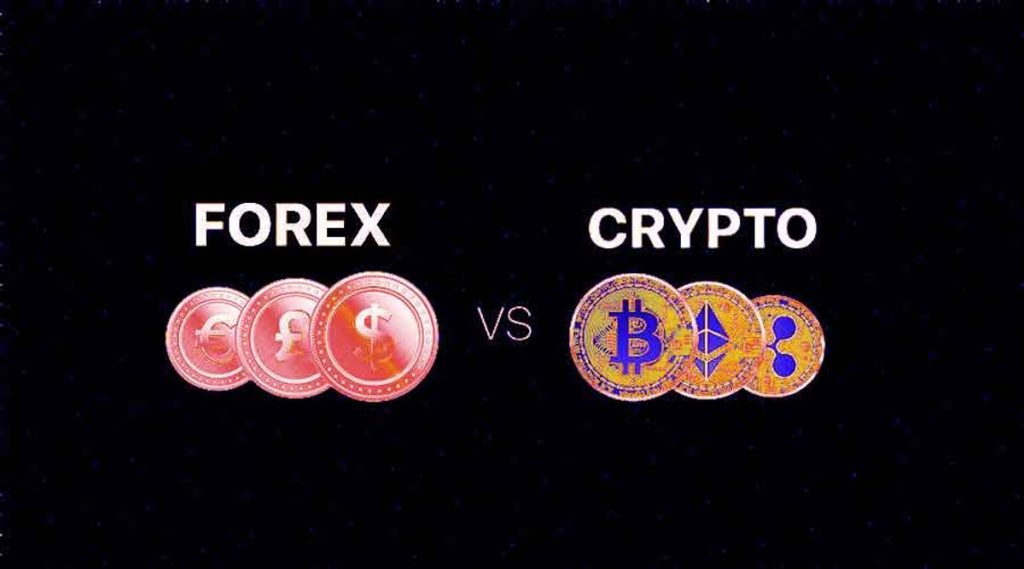The rise of cryptocurrencies is reshaping the traditional landscape of currency trading. Once dominated exclusively by fiat currencies, the forex market now faces competition from digital assets such as Bitcoin, Ethereum, and stablecoins. Investors and traders are adapting to new dynamics, creating both opportunities and risks in a rapidly evolving financial ecosystem.
Digital Assets Enter the Forex Arena
Cryptocurrencies have emerged as alternative trading instruments, attracting both retail and institutional investors. Unlike traditional currencies, digital assets are decentralized, operate 24/7, and are often less correlated with macroeconomic indicators. This introduces a new layer of complexity for forex traders, who must now account for crypto volatility and blockchain-specific risks in their strategies.
New Market Trends
- Increased Volatility: Crypto markets are far more volatile than traditional fiat pairs, leading to potential high rewards but also significant risks.
- Integration with Forex Brokers: Many forex platforms now offer cryptocurrency trading alongside traditional currencies, enabling hedging and diversification.
- Cross-Border Payments: Stablecoins like USDC and USDT are increasingly used for international settlements, affecting the liquidity and demand for fiat currencies.
- Algorithmic Trading: The rise of AI and algorithmic strategies in crypto trading influences forex markets as automated systems integrate both asset types.
Risks for Traders
- Price Fluctuations: Rapid swings in crypto prices can destabilize portfolios if not properly managed.
- Regulatory Uncertainty: Varying global regulations on cryptocurrencies can create sudden market shocks.
- Liquidity Gaps: Certain altcoins have lower liquidity, posing challenges for large trades.
- Security Risks: Hacks and cyber threats are unique risks associated with digital asset exchanges.
Opportunities for Forex Traders
- Diversification: Incorporating digital assets can reduce dependency on traditional currency pairs.
- Arbitrage: Differences between crypto and forex markets create opportunities for arbitrage trading.
- Hedging: Cryptocurrencies can act as a hedge against macroeconomic uncertainties and currency devaluation.


